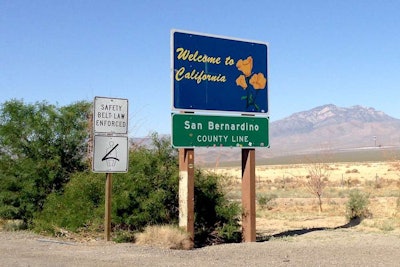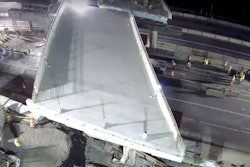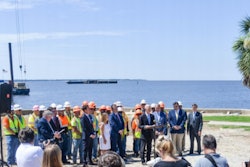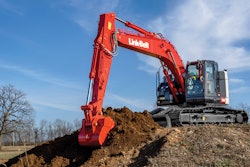
“This program is one of the methods Caltrans is using to help the state meet its ambitious goals to address climate change,” says Caltrans Director Malcolm Dougherty. “Building a more sustainable public transportation system involves not only making it more climate friendly, but also more efficient and affordable to more Californians.”
The Low Carbon Transit Operations Program is funded through the California Air Resources Board’s Cap-and-Trade Program auction proceeds into the Greenhouse Gas Reduction Fund. Caltrans says the projects are part of the California Climate Investments.
A few of the local projects include:
- Expanded Service on the 9R: $3,764,725 to the San Francisco Municipal Transportation Agency to expand transit service on Route 9R San Bruno Rapid Line, increasing mobility and encouraging a greater use of transit.
- New Gold Line Foothill Extension Operations: $5,977,936 to the Los Angeles County Metropolitan Transportation Authority to add service to six new stations that extend light rail transit service in the San Gabriel Valley.
- Metro Gold Line Foothill Extension Phase 2B: $683,459 to the San Bernardino County Transportation Authority to extend the Metro Gold Line light rail service from Azusa in Los Angeles County to the Montclair Transcenter in San Bernardino County. The project would improve mobility and access within the corridor by providing fast, convenient and reliable transit service.
- Modesto Downtown Transit Center: $255,849 to the City of Modesto to improve the Downtown Transit Center to increase the safety and comfort of Modesto Area Express public transit customers.
- Watsonville Zero Emission Replacement Bus: $243,290 to Santa Cruz Metropolitan Transit District to purchase one zero-emission, battery-electric public transit bus and related charging infrastructure to replace one diesel-fueled bus. This project will benefit the disadvantaged communities within Watsonville by reducing environmental impacts associated with public transit buses operating in the community.
More details on the program are available here.









